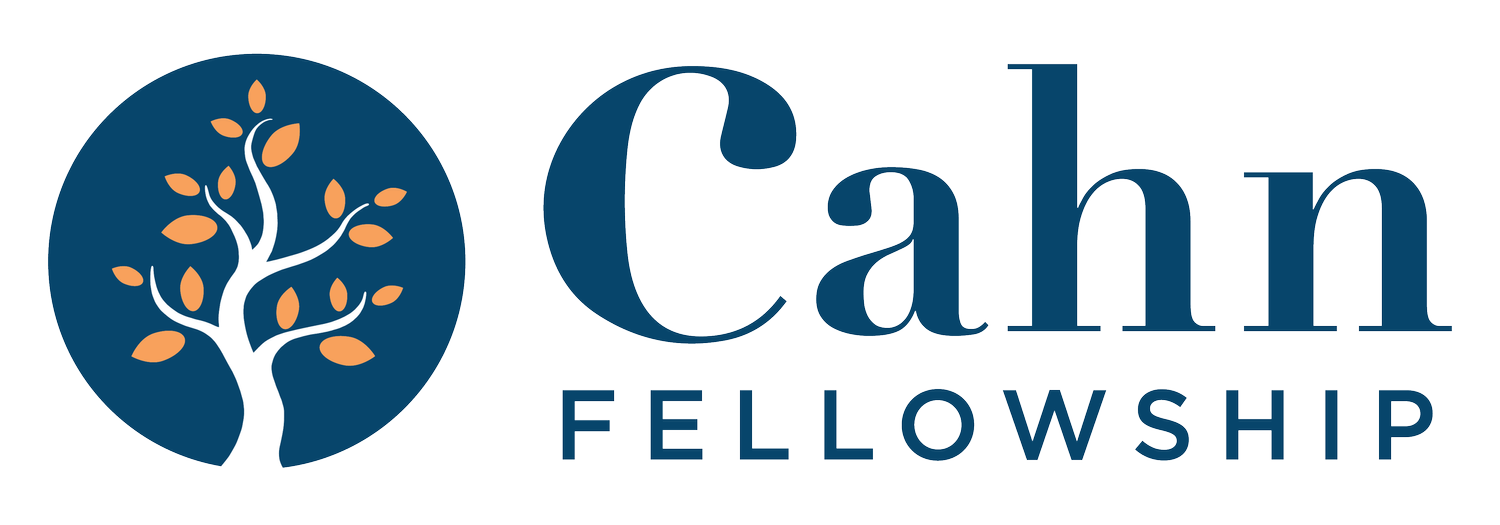Developing teacher confidence in planning for literacy experiences that strengthen foundational skills and social-emotional competencies for kindergarten and first-grade students
Rina Horne • Cahn Fellow 2021
As a result of the pandemic, and a pause in what we had come to know of as “brick and mortar” learning, young Early Childhood children returned to school on September 13th, 2021 with major foundational, language and social skill deficits that impacted their literacy proficiency. Based on our beginning of the year Acadience screener data an overwhelming 79% of students in Kindergarten and first grade were well below benchmark. The majority of our first graders transitioned to remote learning in March of 2020 and did not return in person until the Fall of 2021. Approximately, 70% of grade one students remained remote for their Kindergarten year and were benchmarked in September of 2021 at least one year below reading level. This study reviews the impact of direct and intensive strategies applied to increase reading proficiency for a targeted group of students. The strategies that were applied and planned for, allowed for intentional language opportunities that increased confidence and social awareness while acquiring literacy skills.

